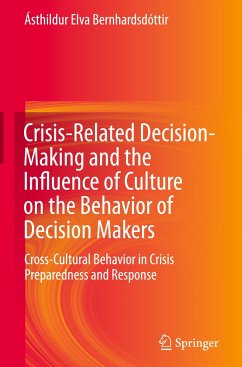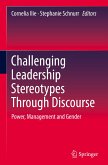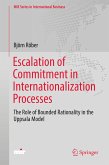This book provides an analysis on the impact of culture on crisis management, exploring how different cultural types are reflected in crisis-related decision making patterns. Providing an interdisciplinary and international perspective with a rich research and practical outlook, this work is an important contribution to the field of crisis management and decision making. Offering essential understanding to how countries, organizations, groups and individuals prepare for and respond to crises thus combining research across several disciplines, offering theoretical development, empirical testing and reporting on the testing of a large number of hypotheses across several frameworks. The novelty of this book lies in its presentation of the quantitative testing of the relationship between cultural theory and crisis management, drawing on data from cases that cross continents and crises types. The book also includes a review of cases from South Korea and suggests a number of ways in which practitioners at various levels of government can prepare their organizations to cope better with the introduction of cultural bias into the decision making process. Those with an interest in risk management, disaster management and crisis management will value this pioneering work as it reveals the influence of cultural bias in decision making processes. This work offers important insights for practice as well as for theory-building, scholars and practitioners of public administration, management, political, and international relations, organizational, social and cultural psychology, amongst others, will all gain from reading this work.
Bitte wählen Sie Ihr Anliegen aus.
Rechnungen
Retourenschein anfordern
Bestellstatus
Storno








